New Scientist covers the latest developments in science and technology that will impact your world. New Scientist employs and commissions the best writers in their fields from all over the world. Our editorial team provide cutting-edge news, award-winning features and reports, written in concise and clear language that puts discoveries and advances in the context of everyday life today and in the future.
Ozempic for everyone? • If semaglutide drugs can reverse ageing, let’s consider testing them in healthy people
New Scientist
Volcano awakens after six centuries
Passing on quantum effects
Quantum world gets weirder • Particles of light travelling through a maze of devices seem to have passed a famous test for entanglement – without being entangled at all, says Karmela Padavic-Callaghan
Brain ageing may be due to a breakdown in protein factories
Eye-like cameras let us peer closer at stars
Ozempic really could turn back the clock on your biological age
Critics of de-extinction targeted • Some researchers who have been critical of Colossal Biosciences’s plans to revive extinct animals say they have been targeted by online articles trying to discredit them, finds Matthew Sparkes
Sweeteners may blunt cancer therapy • Sucralose could alter the gut microbiome in a way that impairs the immune system
Forests with robust animal populations store more carbon
What really killed Napoleon’s army in 1812?
Ancient pots contain 2500-year-old honey
Human milk could help fight bacteria that harm pregnancies
Super-tough hexagonal diamond made in the lab
E. coli genome has been remade • Rewriting the bacterium’s genetic code from scratch could make it more useful commercially
Longest lightning ‘mega-flash’ sets a shocking new record
Flu might awaken dormant cancer • Malignant cells increased 100-fold in the lungs of mice that had been infected with swine flu
Creatures found in hostile deep-sea environment
Peeling back the potato’s origin story
Meltwater bursts through Greenland ice in first-of-its-kind eruption
Whopper of a stick insect weighs as much as a golf ball
Strict routine slows cognitive decline • Lifestyle changes really do seem to help people at risk of dementia, particularly if they get regular, structured support from groups and trained facilitators, finds Chris Simms
Solar-powered ambush drones can wait for targets like land mines
Siberian ice mummy was covered in animal tattoos
Finding emotion in motion • Fear of illness hasn’t motivated us to exercise. Perhaps instead it is time to highlight the enjoyable aspects of movement, says Dawn Teh
Field notes from space-time • Losing energy When it comes to cosmology, answering one question only leads to more. Just take light: what happens to its energy when it redshifts, asks Chanda Prescod-Weinstein
Funky fungi
Who’s really running things? • Exposing the unseen gender-based power dynamics and cognitive biases that shape our everyday lives is fascinating – and enraging, finds Helen Thomson
Finding your niche • Exploring how neurodivergent people fare working in the conservation sector is a fascinating read, says Richard Smyth
New Scientist recommends
The film column • Everything to say In David Cronenberg’s The Shrouds, Karsh, Myrna and Maury talk – a lot – about mysterious shrouds, improbable tech and ever-more-complex conspiracy theories. Nothing happens, just grief and, er, death, finds Simon Ings
Your letters
The end of infinity? • Extremely large numbers are holding back science, say some mathematicians – and they have a radical plan to do something about it, finds Karmela Padavic-Callaghan
THE REBEL...
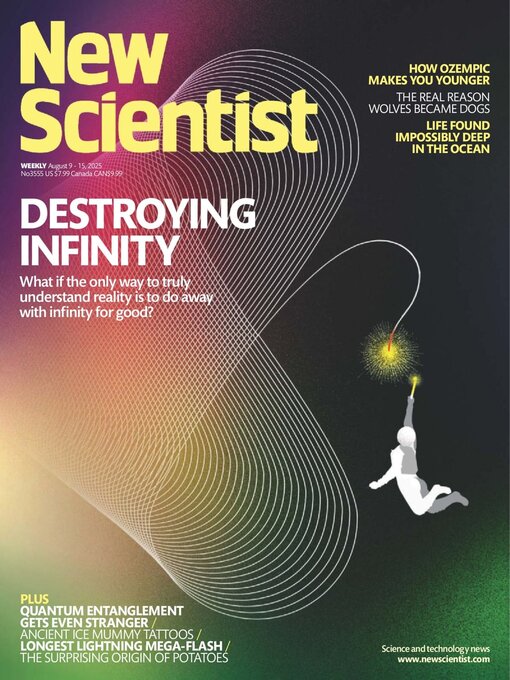
 Aug 09 2025
Aug 09 2025
 Aug 02 2025
Aug 02 2025
 Jul 26 2025
Jul 26 2025
 Jul 19 2025
Jul 19 2025
 Jul 12 2025
Jul 12 2025
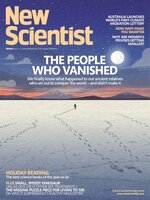 Jul 05 2025
Jul 05 2025
 Jun 28 2025
Jun 28 2025
 Jun 21 2025
Jun 21 2025
 Jun 14 2025
Jun 14 2025
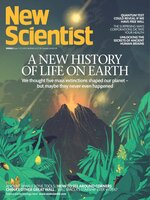 Jun 07 2025
Jun 07 2025
 May 31 2025
May 31 2025
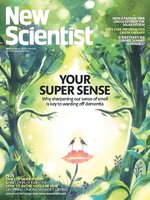 May 24 2025
May 24 2025
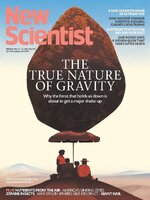 May 17 2025
May 17 2025
 May 10 2025
May 10 2025
 May 03 2025
May 03 2025
 Apr 26 2025
Apr 26 2025
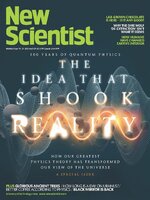 Apr 19 2025
Apr 19 2025
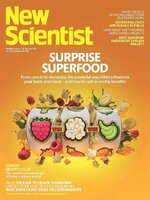 Apr 12 2025
Apr 12 2025
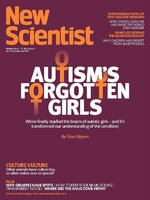 Apr 05 2025
Apr 05 2025
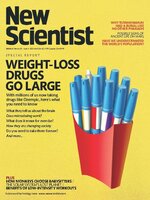 Mar 29 2025
Mar 29 2025
 Mar 22 2025
Mar 22 2025
 Mar 15 2025
Mar 15 2025
 Mar 08 2025
Mar 08 2025
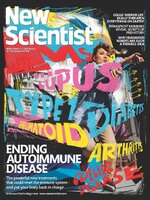 Mar 01 2025
Mar 01 2025